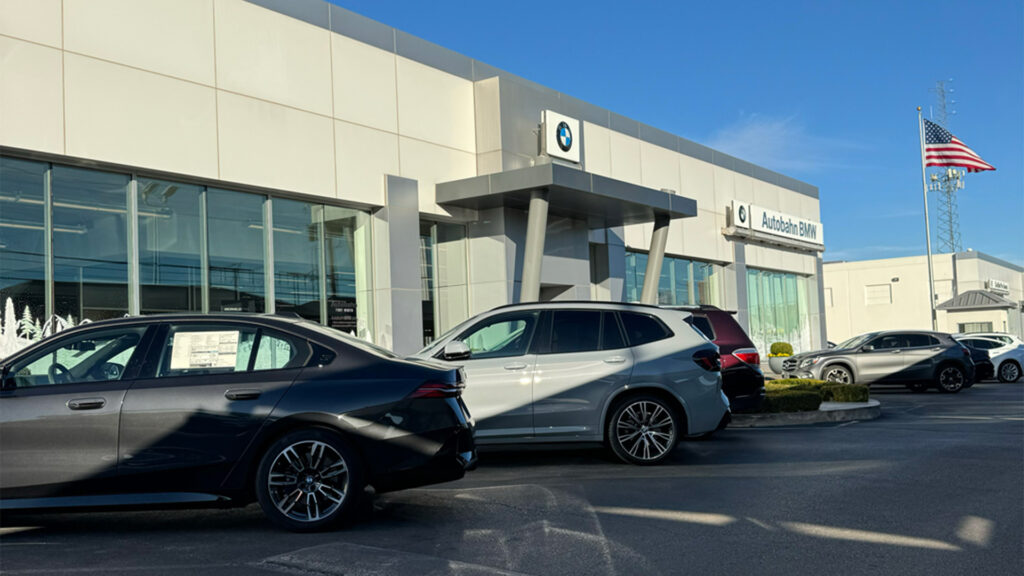- The woman presented driver’s licenses with the same photo but with different names.
- Police believe she had been paid $2,500 by a fraud syndicate to steal a vehicle.
- Individuals using synthetic identities had access to $1.8 billion in automotive loan credit last year.
Authorities in Fort Worth, Texas, have arrested a woman who used fake IDs to try and buy a Cadillac Escalade and a BMW M4 Competition.
The woman first raised eyebrows at Autobarn Land Rover Fort Worth on May 1 when she came to the dealership hoping to buy a used Cadillac Escalade. She had an approved loan, but a fraud protection system used by the dealer from Gather Technology flagged her information as potentially being fraudulent.
More: Man Tried To Buy A Land Rover With $12 Million Check, Then A Porsche With A $78 Million Check
One of the dealership employees told the woman there were problems with her insurance, and she swiftly left the premises. Had she called it a day there, she may have escaped scot-free. However, one week later, she visited Autobarn BMW Fort Worth and attempted to purchase a BMW M4 Competition. She was again flagged by the dealer’s fraud system, and police were called in.
Images of the fake IDs used by the woman show they both had the same photo but different names. In one, she was Stephanie Rinehart, while in the other, she was Amanda Lynn Hopkins. Auto News reports that the woman had allegedly been paid $2,500 by a fraud syndicate to steal a vehicle.
While the dealership managed to contact authorities before the woman could steal a vehicle, they soon discovered that just two weeks earlier, they had lost a car due to fraud.

Synthetic identities include real information, such as names, insurance, and Social Security numbers. Through the first half of 2023, synthetic identities had access to an eye-watering $1.8 billion in automotive loan credit.
Read: Dealer Discounts ‘Used’ Toyota Land Cruisers $5k After Marking Them Up To $125,000
The Autobarn dealerships have Gather Technology to thank for recognizing the fraud. The company, based in Fort Myers, Florida, uses a layered ID verification system to collect independent data points to determine if an ID is fraudulent.




